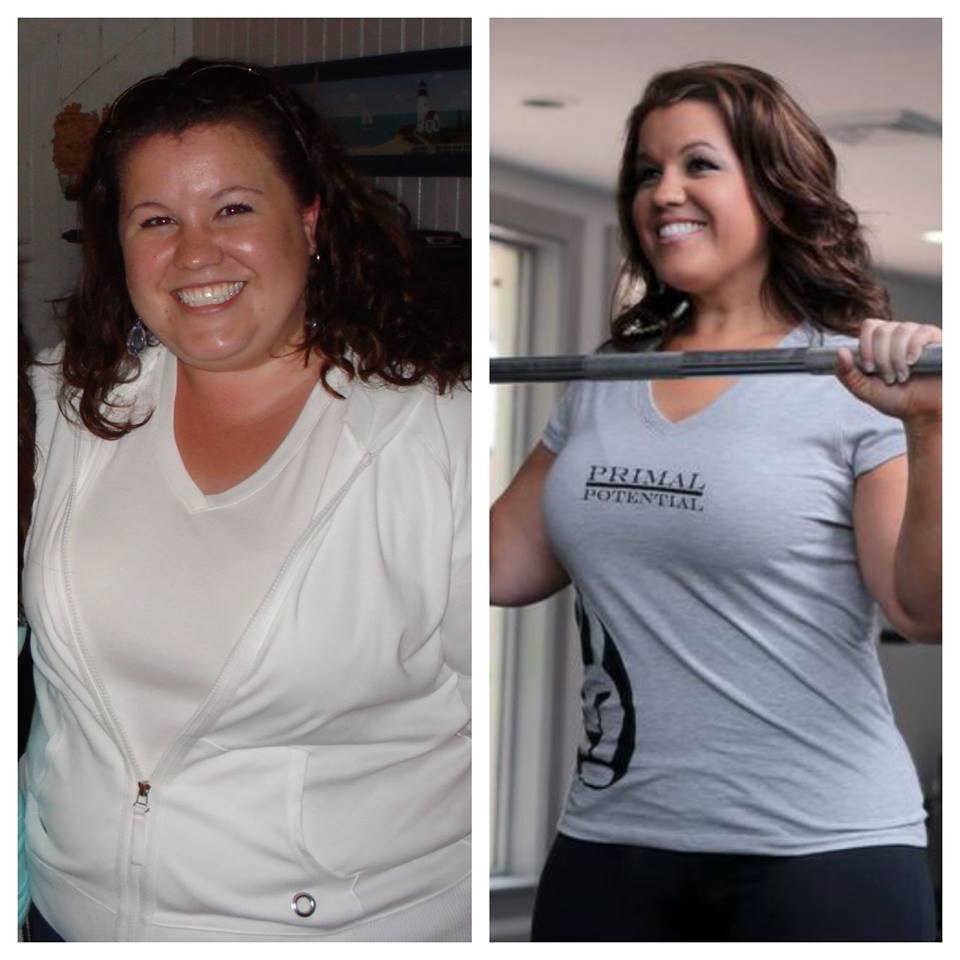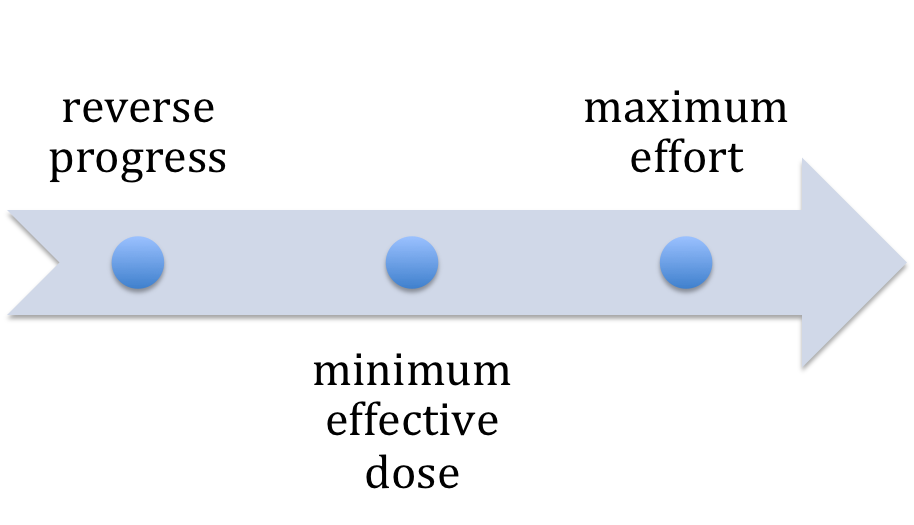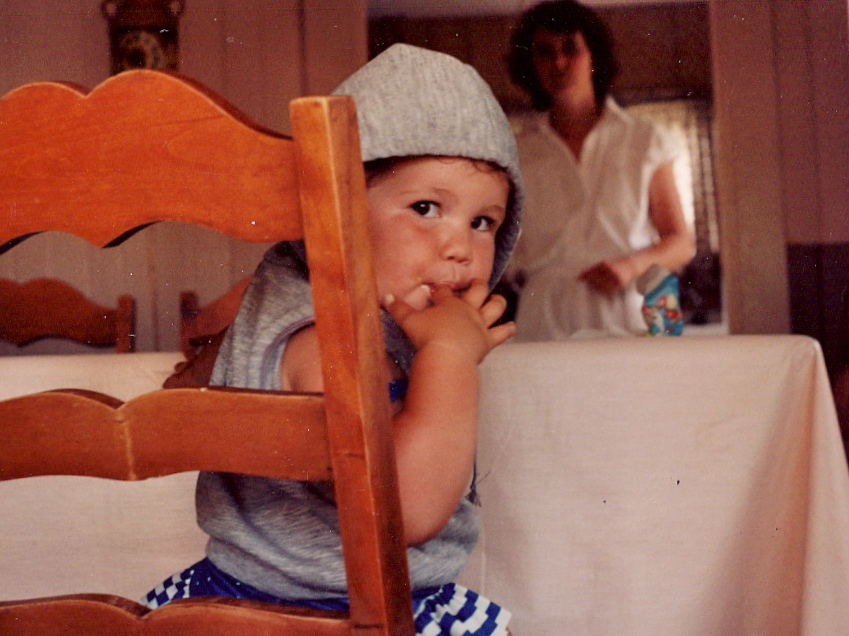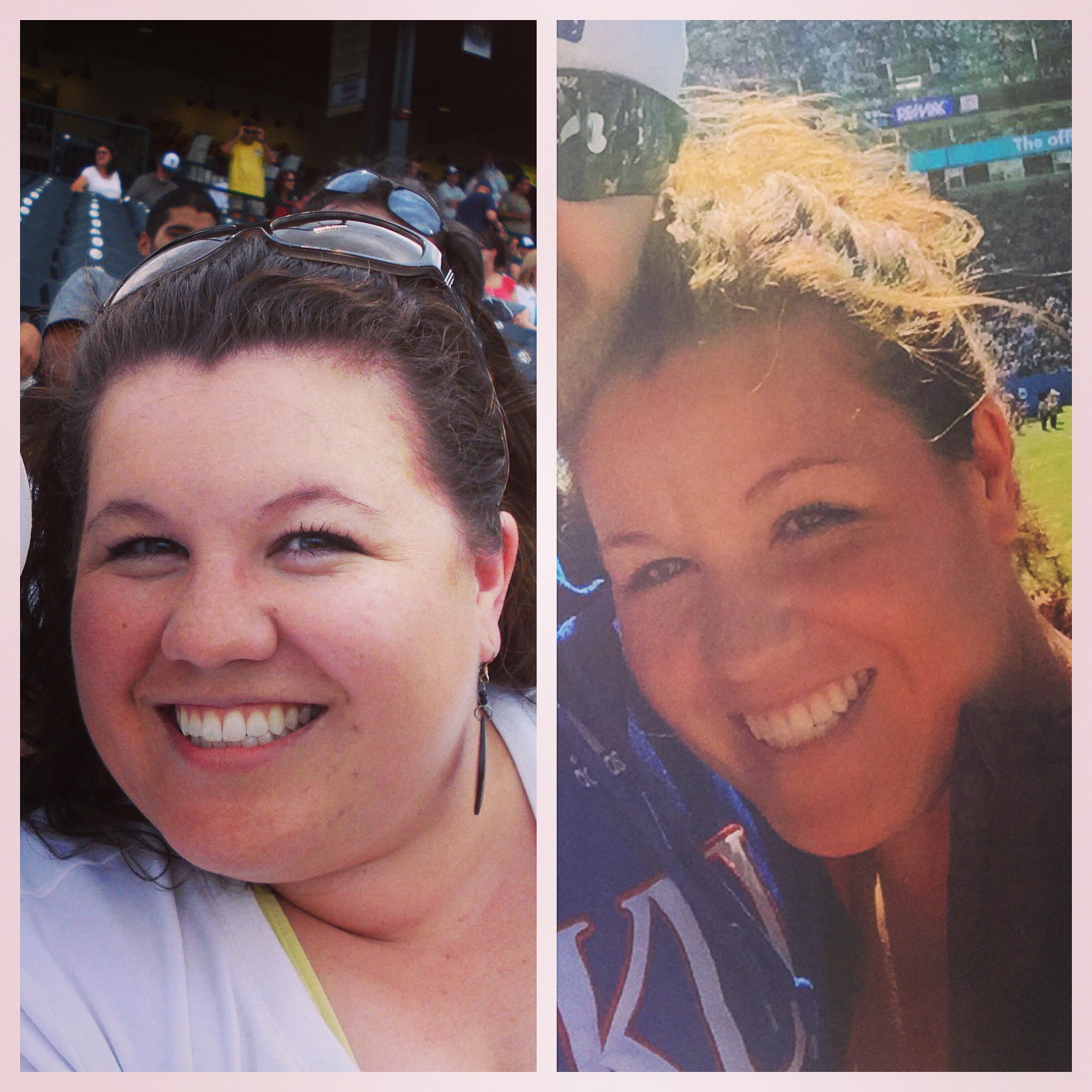
135 lb Weight Loss In Pictures


I have failed over and over again. I have created plans, set goals and missed them by miles. I’ve beat myself up, told myself off and thrown in the towel hundreds of times. You know what? It has helped me. That’s right: All those repeated failures gave me incredibly powerful information that all came together to allow me to change life.
From all those failures, I have the incredible benefit of knowing what DOESN’T work for me. I don’t have to try A, B and C because I already did and they didn’t work. For example, I know that money is not an incentive for me. You could offer me $300 for every 10 lbs I lose and that won’t be enough to keep me out of the bag of Oreos. I’ll argue with myself that tomorrow I’ll be back on track and I’ll still get that $300 because I’ll be “extra strict” after indulging in the Oreos. I am really good at lying to myself like that. From my failures I learned not to waste my time with incentives that don’t work. The only incentive I need is what I’m truly after: a fit, strong, healthy body.
The whole “super strict” thing? That doesn’t work for me, either. Yeah, I can do it for a few days or even a couple of weeks but I know, from failing a million times, that it’s going to end the same way: with a binge. All that willpower, restriction and deprivation ultimately makes me snap and go into a wild sugar frenzy. From my failures I learned that I need a more moderate approach. I need to build in enough margin to enjoy my favorite things every once in a while. Total deprivation makes me feel like a caged bird and the only thing I can think about is breaking free.
Too much exercise makes me a sugar junky. I messed this one up more times than I can count. A little exercise is good so as much as I can possibly fit into my day must be better, right? Uh, not for me. Never. This goes very wrong very fast. Over the last 20 years I have gone on so many exercises binges. I’d spend hours each day working out. I’d get up early, stay up late and “burn” as many calories as humanly possible. The result? I was ravenously hungry all the time. My cravings were out of control. My ability to resist the hunger and cravings was very limited and my eating would negate any potential benefits from all that working out. From getting that one wrong a few dozen times, I’m now easily able to resist the temptation to workout “more”. One high intensity workout each day is what is best for my body. No need to mess around with anything else.
I can’t predict what the scale will do. Oh my goodness. If you could see my planners and notebooks and spreadsheets over the last several years you’d probably think I’m Rain Man. I spent years obsessed with predicting how much weight I could lose by a certain date. I’d write it out, day by day, what my weight would be on each day and when I’d hit some certain arbitrary goal. It never worked. Weight loss isn’t linear like that. Fortunately, from dealing with frustrating and feelings of failure for years, I know that doesn’t work for me. Now, I embrace consistency. I don’t predict my results. I concentrate on my actions.
Don’t keep trying things that haven’t worked in the past. In fact, become a student of your failures. Are there strategies you keep trying even though they haven’t worked yet? Are there theories you hold despite proving to yourself that they aren’t true? Embrace your failures. They are the keys you need to make this journey a success! Within your failures is just about everything you need to make a total transformation!

There is very little more frustrating than hitting a weight loss plateau. The food choices and exercise that had been getting you great results for months all of a sudden aren’t getting you anywhere. Your weight isn’t moving, your inches aren’t changing, your clothes fit the same but you’re working as hard as ever! What the heck?!
Weight loss plateaus are very common and you should expect them, but that certainly doesn’t make them any easier to deal with!
Your body is built to seek balance. More often than not your body will be fighting against everything you do to lose weight. It’s going to work hard to adapt to the changes you make and you’ll find your body is less responsive over time. Sad, but true.
The easiest way to tackle plateaus is to create your weight loss plan in such a way that you always have another play in your book to keep your body guessing and reduce the chances that you’ll hit a plateau to begin with.
Think of your weight loss efforts as a continuum. On the far left you have reverse progress, or eating, exercising and living in a way that moves you away from your weight loss goals. Of course we want to avoid that.
A little further down the path is the minimum amount of changes required to see results. Maybe this is 3 workouts each week and eating clean 70% of the time. You continue down that continuum until the max point – eating clean 100% of the time and working out at your maximum amount of time and effort.
Sometimes we make the mistake of starting out guns blazing close to the far right of this spectrum. I am SOOOOO guilty of this! As our body adapts (and it always does), we aren’t left with much wiggle room to kick things into a higher gear. You put yourself in position where your only options are eat less or exercise more. That’s a bad place to be as both are likely to increase your hunger and decrease your energy. Not to mention that fact that you’ll probably be 100% miserable and unable to maintain that kind of program.
I made the mistake early on in my weight loss. About 6 months in I got super strict with my eating and workouts. I basically limited my intake to lean proteins and green vegetables. While that’s great for fat loss it certainly wasn’t the minimum effective dose and when my body adapted, I had very few options other than to endure several months of frustration. I had to take time off, settle for not making any progress and wait until my body was ready for me to try again. NOT FUN! (But totally my own fault!)
The best approach is to identify your minimum effective changes and gradually increase your intensity as your body adapts. Start making small, incremental changes and monitoring your progress. When you find something that works, keep doing it! Resist the urge to add more, eat less or up your intensity. Seriously. I know how tempting it is but that approach is very likely to backfire. Stay consistent with that small change for as long as you’re making progress towards your goals. When your progress slows or stops, add another small change that boosts your rate of progress again. Keep practicing it, keep monitoring your results, and continue to avoid the urge to go “all in” right out of the gate!

My weight was the center-focus of my childhood. I was raised to view foods as either “good” or “bad” I was acutely aware that everyone in my life wanted me to lose weight.
We rarely had junk food in the house. I was discouraged from getting seconds at a meal and having any type of sweet was usually frowned upon.
From my mom’s standpoint, she felt that by stocking the fridge with healthy options, discouraging sweets and encouraging exercise, she was helping me to be healthy. Seemingly, she did most things right. From my perspective, however, the constant focus on food and exercise turned it into an unhealthy an obsession.
Fundamentally, food restriction encouraged me to sneak food and it increased the appeal of sugary junk foods. As with most things, knowing that certain things were “off limits” made them larger than life. Sneaking food quickly snowballed into overindulging, food obsession and bingeing.
I’m not a parent but I do understand that you don’t want food to be a free-for-all and you need to set healthy boundaries for kids. However, there’s a fine line between healthy boundaries and an unhealthy focus on food restriction and limitations.
Based on my own personal experiences and my educational and professional background in nutrition and health education, here are my thoughts on walking that fine line and raising healthy, fit kids free of food obsession and unhealthy relationships with food or exercise.
I don’t have kids. It makes me nervous. I don’t want my kids to be bullied the way I was. I don’t want them to feel ashamed of their bodies. I don’t want them to feel pressured to diet or lose weight in elementary school. I want them to love and cherish their bodies! I want them to understand that food helps us become strong, fit and capable. I want them to enjoy a cupcake without attaching emotions like guilt, shame or regret to it. It’s sugar and flour and butter. There’s no emotion in the recipe and I want them to keep it that way.

Chances are, in order to reach your fat loss goals you’re going to have to create some new habits. If only it was as easy as bottling up your good intentions and writing down some goals. It wasn’t so easy for me.
My terrible habits were so deeply engrained in me they felt automatic. Choosing comfort foods on a bad day almost didn’t feel like a choice, it had become instinct. There were days that it felt like my car went on autopilot to the Mexican restaurant after work. I didn’t feel like I was actively “choosing” junk anymore than I chose to fall asleep or yawn. Yes, I know they were choices. But 20+ years of making poor food choices and using food as a drug DOES create a degree of instinct. So if our habits have become automatic, how can we possibly make new ones?
It’s pretty easy to stick to a new routine for a day or two but for lasting fat loss your new habits have to become a part of your everyday life. When I started my weight loss journey I had such a long road ahead and found success by breaking up the necessary lifestyle changes into small, manageable adjustments.
Need to adopt some new, healthy habits? Here’s 5 ways to make sure you can stick to it over the long term!
When you identify one small change and consistently practice it, soon it will be an effortless habit just like brushing your teeth or starting your day with a cup of coffee. The process, however, takes focus and commitment. When you buckle down and focus, you’ll soon be ready to take on more and before you know it, you’ll be well on your way to person you want to be.
Enter your first name and email below and I'll send over chapter nine from my best-selling book.